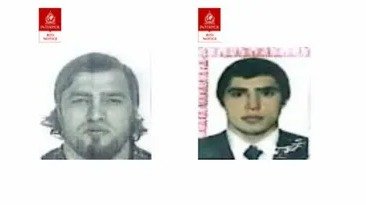Uzbekistan’s General Prosecutor’s Office has placed two Russians on an international wanted list in connection with attempted assassination of Komil Allamjonov, the former press secretary to the country’s president. Suspects are Chechen born Bislan Rasaev and Shamil Temirkhanov. In the two months following the crime, the Uzbek media repeatedly spoke of high-ranking Chechen security forces having affiliation to the case.
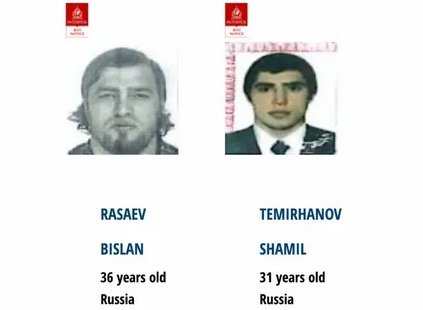
Two Chechen suspects in the attempted assassination
The Flowers of Life
It was the General Prosecutor’s Office (GPO) of Uzbekistan that first unveiled to the public of an appalling murder attempt on Komil Allamjonov. Yet GPO preferred omitting the name of a high-ranking Uzbek politician. A dry report read: «Two unknown persons opened fired at Range Rover at night at Kybray district of Tashkent region. Driver and passenger were not hurt. Assailants hid. All forces are engaged after them.»
Very soon, however, journalists of Radio Free Liberty (recognized in Russia as an undesirable organization — Ed.) bridged the gap and named the victim, Komil Allamjonov. Widely spoken incident eventually topped the political agenda of the country. And it was inescapable. After leaving his position of the Head of Information Policy Department at the President Administration,
Allamjonov remained the closest ally of Saida Mirziyoyeva, the eldest daughter of Uzbek president and a champion of his reform vision. Not only Mirziyoyeva influenced her father’s politics, but evolved into a symbol of transformation of herself.
All key reforms, from laterization of economy and public administration to promoting environmental sustainability and gender agenda one way or another are related to her. And it echoes people around her. In this regard, murder attempt of Allamjonov, a bright progressive, freedom of speech apologist, can be interpreted as a murder of reforms, promulgated by president’s daughter.
The reform agenda was disruptive for Otabek Umarov, the former head of Uzbek president’s security services, who run «The Office,» illegal organization that used force against local business, because Allamjonov reported his mischiefs to the president.
However, Allamjonov’s image as a symbol of reforms was not a reason neither for organizers, nor executors of a murder attempt.
In pursuit of a shallow answer to «Who is beneficiary in the case,» the public overlooked the truth and jumped into a conclusion that fits stereotypical views on Uzbekistan: It was interfamily conflict.
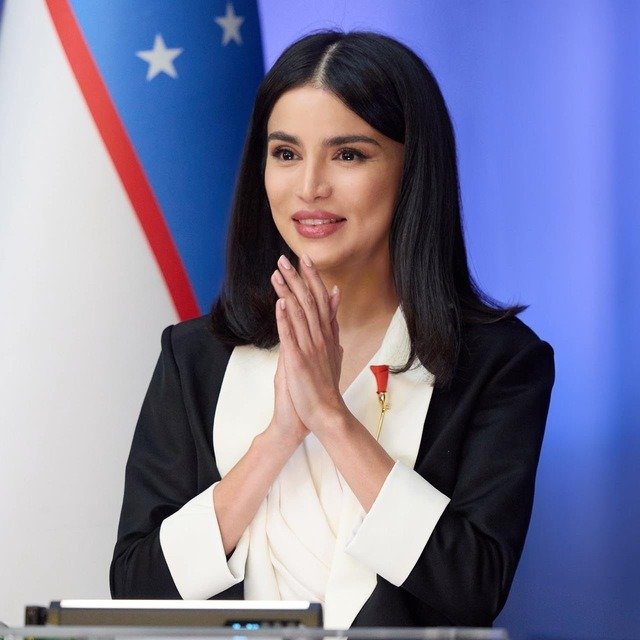
Saida Mirziyoyeva. Photo by: Mukhiddin Alee
Like Islam Karimov offsprings, family members of Shavkat Mirziyoyev also fought for areas of influence. But unlike Karimov’s daughters who overly distributed economic and social preferences, Mirziyoyev’s youngest daughter, Shakhnoza did not cross Saida’s path. It was her husband, Otabek Umarov, who did.
The latter’s growth, like Saida’s, was similarly rapid. He flourished in the area of security. After first becoming the president’s bodyguard, he was quickly promoted to the ranks of a deputy head of president’s security services and one of the supervisors of KGB style security powerhouse. Bestowed upon his father-in-law, he made name for himself in the international arena as a sports manager and Vice-president of Olympic Council of Asia. In this capacity, he has visited the Gulf monarchies, Central Asian neighbors, and Russia, where he has developed a particularly warm relationship with Chechen leader Ramzan Kadyrov.
Noteworthy, however, that Umarov’s and Mirziyoyeva’s path often concurred. Except, Saida established more productive and effective contacts with the West.
After all, both, until very recently, embodied a new Uzbek elite and worked to claim the country’s leadership.
How assassination unfolded
The investigation of a crime which took place the day of Parliamentary elections, is run by interagency group. It includes officers of Ministry of Internal Affairs, Ministry of Defense, transport prosecutor’s office and even Customs Committee. Not a single word whether State Security Services are involved has been said.
The investigation proceeded swiftly, but information about operational successes was selectively disclosed, which definitely did not shed light on all the circumstances of what happened.
For instance, four suspects have been detained in the next two days but the investigation omitted most names, except for Shokhrukh Akhmedov.
This 28-year-old young man left footprints in 2021 Turkey detention and spend several months behind bars on suspicion of extorting money from those seeking refuge from Russian creditors. In Turkey, he numerously publicly spoke against critics of Ramzan Kadirov. Akhmedov then continued to strengthen his ties with influential people of Chechnya.

Komil Allamjonov. Photo by: Mukhiddin Alee
Поддержите
нашу работу!
Нажимая кнопку «Стать соучастником»,
я принимаю условия и подтверждаю свое гражданство РФ
Если у вас есть вопросы, пишите [email protected] или звоните:
+7 (929) 612-03-68
While being questioned on Allamjonov’s case, Akhmedov snitched on Javlon Yunusov, Uzbek entrepreneur and his supervisor. Akhmedov spoke of his times as Yunusov’s bodyguard and of infrequent special orders.
At 36, Yunusov both made money on commercial and residential business and lost money on woodworking and pharmaceuticals. Mysterious chapters of his life, however, hint at criminal cases of fraud and moderate bodily injury. While under investigation for serious crimes, Yunusov managed to remain free and, like his subordinate Akhmedov, was in active contact with his Chechen acquaintances. A striking moment of unity for both of them.
According to numerous leaks in Uzbek media, Yunusov supplied his bodyguard with transportation and pointed out escape routes. The plan was to burn Allamjonov’s car after the attack and lay low in Ferghana valley. The best-case scenario was fleeing overseas. Things did not go as planned. A gun blocked; there was no use for Molotov cocktails.
As a result, Akhmedov got captured in Ferghana in a café «Seoul» belonging to Natalya Fen, Javlon Yunusov’s common-in-law wife, and a daughter of late Uzbek Ambassador to South Korea, Vitaliy Fen.
Yunusov was not there because he fled to South Korea. It took a little more than a month to capture and return him home.
In this time, while various versions about the motives of those who organized the assassination attempt flooded the Internet, an apparatus struggle for control over the investigation was going on in the political and security blocs of the country. The result of this struggle became known just in the days when Yunusov was being prepared for extradition to his home country.
Abdusalom Azizov, head of the SSS, Sarvar Ashurov, an aide to the prime minister, and his brother Alijan Ashurov, head of the SSS’s internal security department, were all dismissed almost immediately. Next in line were Akhrorjon Adkhamov, head of the Interior Ministry’s criminal investigation department, Daniyar Tashkhodjaev, first deputy chief of the Tashkent police, and Timur Sobirov, head of the Tashkent police’s organized crime department. The series of dismissals was capped by the resignation of Otabek Umarov, deputy chief of the Presidential Security Service.
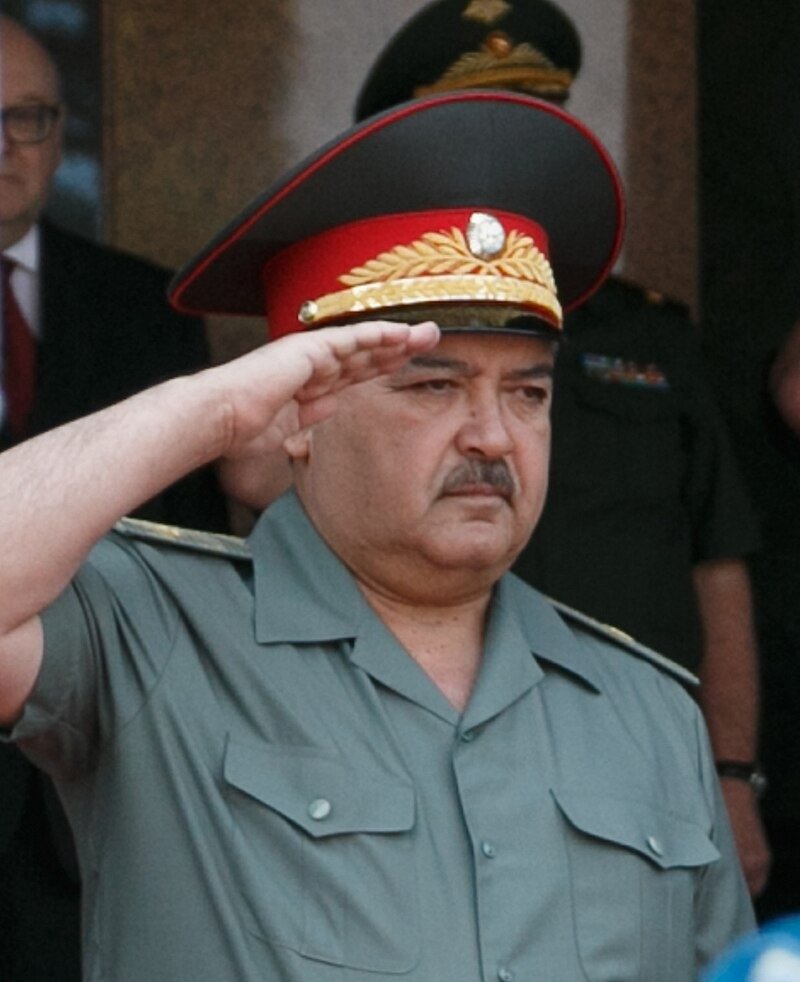
Abdusalom Azizov, head of the SSS. Public archive
According to The Tashkent Times, Daniyar Tashkhodjaev is allegedly accused of covering up the crimes of Javlon Yunusov, who, according to law enforcement officials, is linked to the attempted assassination of Allamjonov.
Shukhrat Rasulov, former head of the Internal Security Department of the Presidential Security Service, was also detained as part of the investigation. Uzbek journalists refer to him as Otabek Umarov’s «right-hand man.»
The Uzbek State National Agency confirmed that all dismissals tied to Allamjono’v case. Other sources indicate that some of those laid off individuals tried to influence the course and strategy of the investigation.
So, with that being said, the investigation opened up the curtain of a clash of political powers and interests of the two competing groups in Uzbekistan.
Shortly after dismissals, the investigation for the first time loudly unveiled the name of the victim, Komil Allamjonov. And it wasn’t limited to just naming. Mid December, GPO said they would detain two Chechya born individuals, Bislan Rasaev (36), and Shamil Temirkhanov (31).
Interestingly, however, the two did not have any affiliation to the October event. Still, according to the investigation, they planned Allamjonov’s killing way earlier, in August. For that reason, they had fake IDs at their disposal for the ease of crossing border of Uzbekistan from Kyrgyzstan. General Prosecutor’s Office statement is accusing them of «illicit passing of Uzbek border, failure to report on a crime, and illegal trafficking of firearms.»
The Chechens
Rasaev and Temirkhanov, like Akhmedov and Yunusov, have a history of assaulting critics residing in Turkey and lambasting Chechen regime. The accusation was noticed by Ramzan Kadyrov himself. The latter received a backlash from an audience in Uzbekistan. In particular, deputy Odiljon Tojiev. Former MP Rasul Kusherbaev even called for suspension of flights with Grozny.
Uzbek General Prosecutor’s Office confirmed the indictment in absentia and the international wanted list of Bislan Rasaev and Shamil Temirkhanov. The statement was released following Shavkat Mirziyoyev’s return to Tashkent from Saint-Petersburg where he took part in an informal meeting of CIS heads of state and a meeting of the Supreme Eurasian Economic Council.
It is hard to believe these events caught Russian authorities at surprise. Anyway, at least from December 19. This is when Rasaev and Temirkhanov appeared in Interpol’s Wanted Persons list. There is close coordination between the FSB and the SSS, as Shavkat Mirziyoyev himself pointed out in connection with the murder of Lieutenant General Igor Kirillov of the Russian Armed Forces (the accused, it should be recalled, is an Uzbek citizen).
Although the alleged involvement of Russians in the assassination attempt on an Uzbek official can be considered a negative factor in relations between the two countries, it is hard to believe that it can reverse the current trend and affect mutual interests. And it is not because there are more than three thousand enterprises with Russian participation operating in the Uzbek market, and the amount of Russian capital investments in the Uzbek economy has exceeded 9 billion dollars.
Bigger agenda includes an issues of fundamental importance for Uzbekistan: the construction of a low-capacity nuclear power plant and hydroelectric storage power plants on lakes Aidarkul and Karateren with a combined capacity of one gigawatt, joint projects to build a copper-processing plant and launch a metallurgical cluster on the basis of an iron ore deposit, and finally increasing the capacity of the Central Asia-Center pipeline system, which will allow next year to increase the volume of gas pumped into Uzbekistan to 11 billion cubic meters.
This fact, however, not only creates room for maneuver, but also imposes strict obligations in the matter of extradition of persons involved in the commission of a serious crime. Despite the aggravated international situation, Russia remains committed to fulfilling its obligations within Interpol, especially with regard to requests from friendly countries.
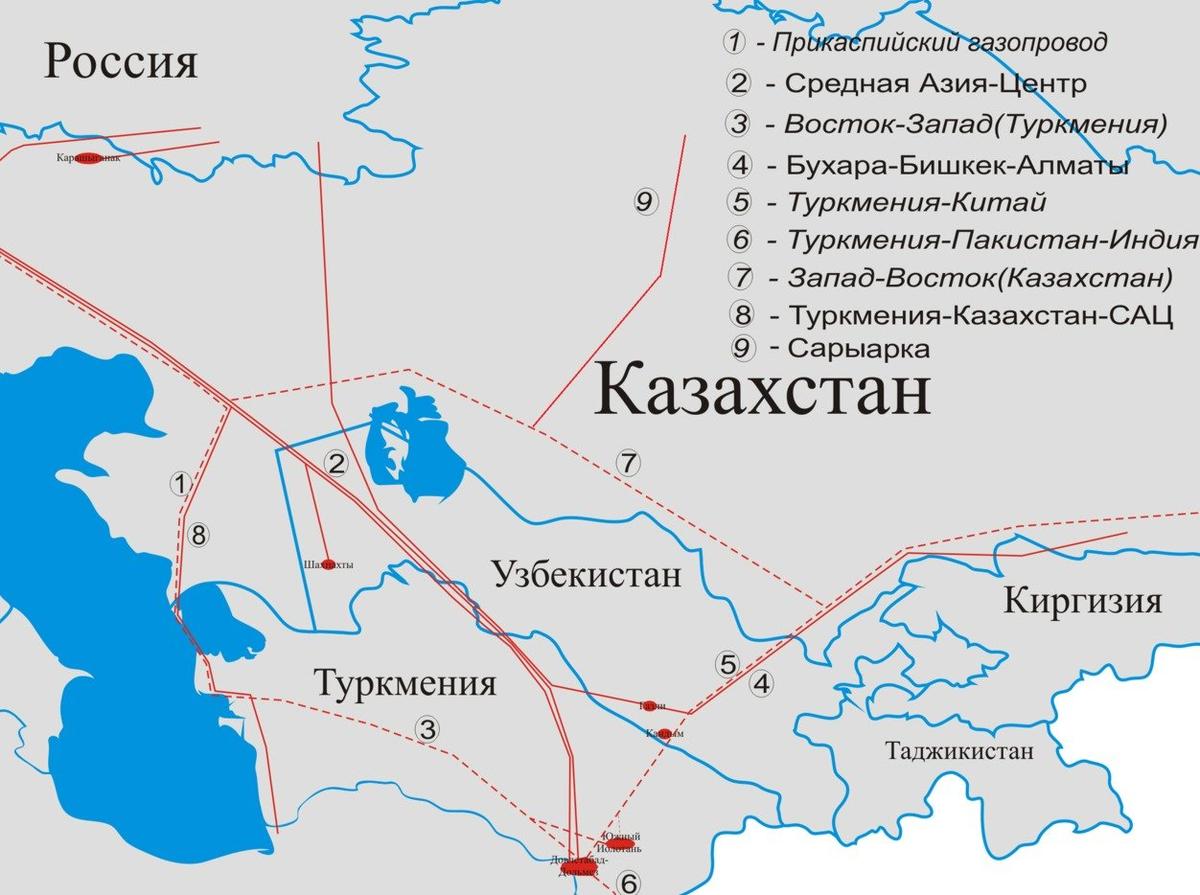
Map of gas pipelines, including those passing through the territory of Uzbekistan
